
Rice farming is one of the most lucrative types of farming in Nigeria, although rice is classified as a cash crop for farmers, it is one of the most consumed staple foods and important cereal in Nigeria. Almost 7 million tonnes of rice are consumed per year in the country.
In July 2015, when the Federal Government of Nigeria announced plans to place a ban on the importation of rice into the country, Nigeria’s local rice production started experiencing growth and demand for locally produced rice also increased. The ban placed on the importation of rice caused the price of foreign rice to soar, turning the attention of Nigerians to locally produced rice. Creating an opportunity for interested individuals, farmers, organisations and even some state governments to go into rice production.
Rice mills like Abakali rice, Lake (Lagos and Kebbi State) rice, Anambra rice, Labana rice, as well as the production of Babban Gona’s rice and many others are among the producers of rice in Nigeria. There are more opportunities in the rice farming sector for intending rice farmers.

Facts You Should Know About Rice Farming in Nigeria
- Nigeria is the largest producer of rice in Africa.
- Rice production in Nigeria.
- Rice is one of the most consumed staple foods in Nigeria
- Contribution to economic growth.
Nigeria is the Largest Producer of Rice in Africa
Nigeria is the largest producer of rice in Africa, producing about 8,435,000 tonnes annually, followed by Egypt, Madagascar, Tanzania and Mali according to the Food and Agriculture Organisation of the United Nations (FAO).
Ironically, Nigeria is the 3rd highest importer of milled rice in the world, importing about 2 million metric tonnes of rice into the country.
There is a need for Nigeria to improve its rice production capacity.
Rice Production in Nigeria
According to available data, Nigeria’s rice production over the past 5 years has been at the highest since 1999. The country’s rice production grew from 2 million metric tonnes in 2015 after the ban on rice importation to 9 million metric tonnes in 2021, this is according to a statement by the President of the Rice Farmers Association of Nigeria (RIFAN).
One of the major hindrances for the production of local rice in the country for smallholder farmers has been the lack of appropriate technology.
Rice is One of The Most Consumed Staple Foods in Nigeria
Rice alongside maize is one of the most consumed staple foods in Nigeria. The country’s rice consumption per capita is currently pegged at 32kg, which is a little lower than the global rice consumption per capita at 53.9kg. Locally produced rice accounts for about 57% of the rice consumed in Nigeria, while the 43% deficit is from rice smuggled or imported into the country illegally.
According to data published by the Nigeria Bureau of Statistics, rice constitutes 8.69% of household food expenditure and 4.92% of total household expenditure in 2019.
Contribution to Economic Growth
Despite the contribution of oil to the economy reducing by 10.73%, Nigeria’s GDP for Q3 2021 grew by 4.03%, this was partly because agriculture in Nigeria contribution to the country’s GDP grew by 6.16% from 23.78% in Q2 2021 to 29.94% in Q3 2021. Crop production, which includes rice production, accounted for 92.45% of agriculture’s GDP in Q3 2021.
According to data available on the Rice Farmers Association of Nigeria website, the global advocate for all segments of the Nigerian rice industry, there are over 12.2 million Nigerians (about 6.1% of the country’s population) registered as members of the association in various aspects of rice production, marketing and sales.

In 2020, Babban Gona successfully launched its pilot rice farming program in 5 Local Government Areas in Jigawa State with over 800 farmer members across 1,250 acres of land.
Babban Gona currently provides support for our smallholder members who are into rice farming in the following states Jigawa, Niger, Benue, Cross River, Kebbi, Kwara, Nasarawa and Taraba.
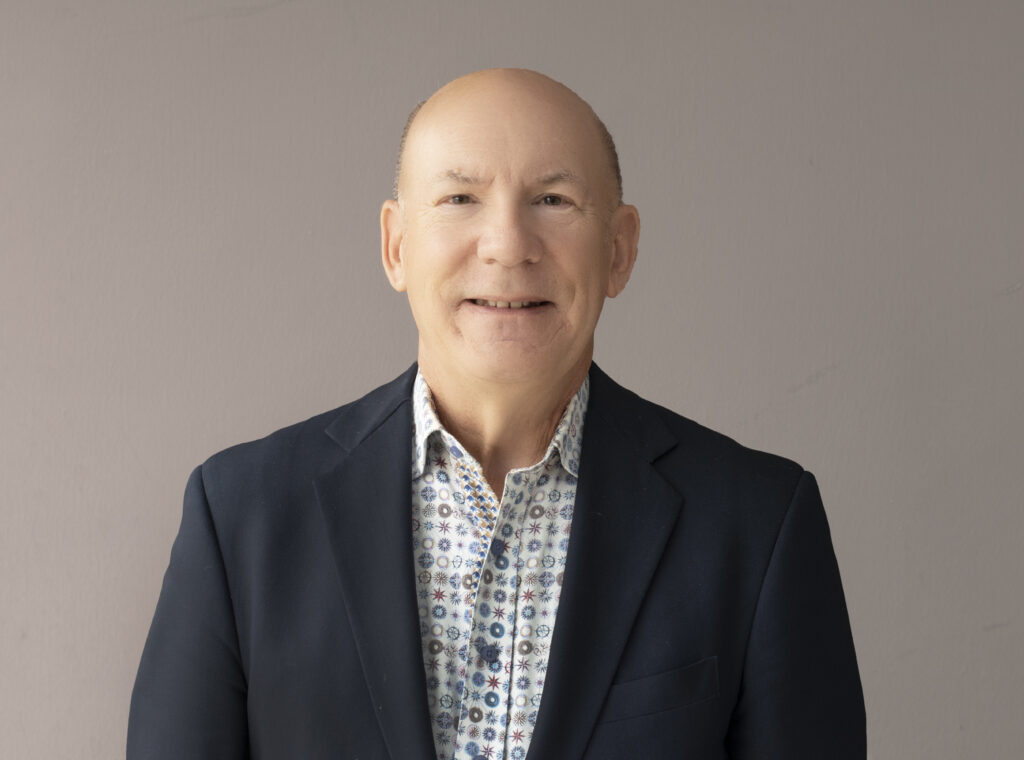
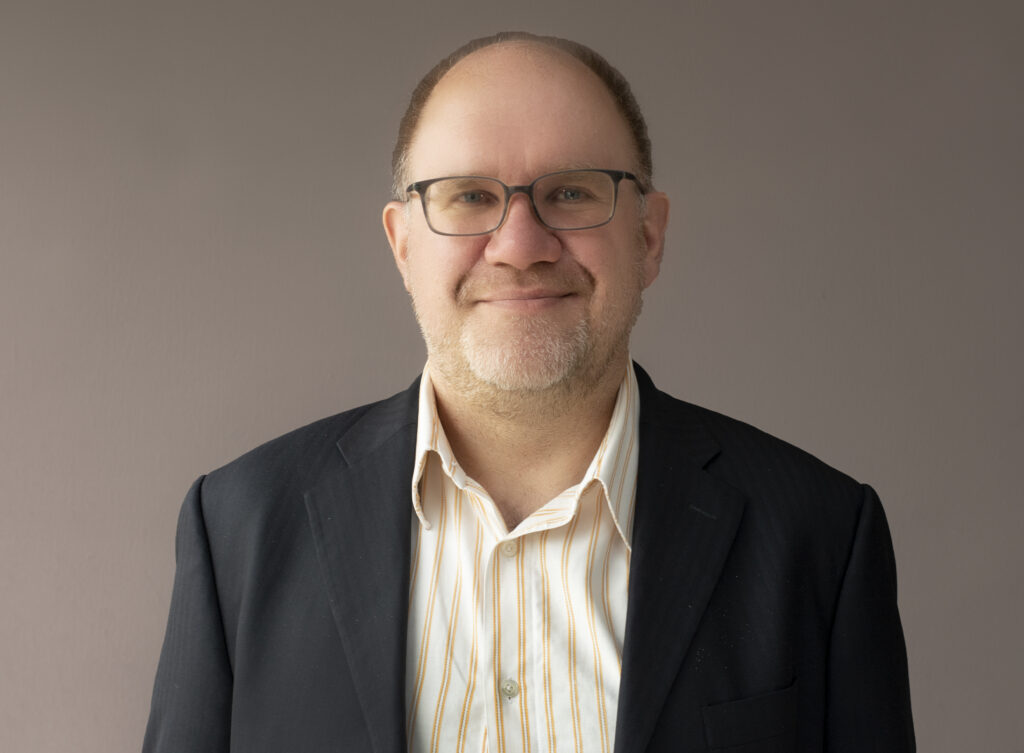
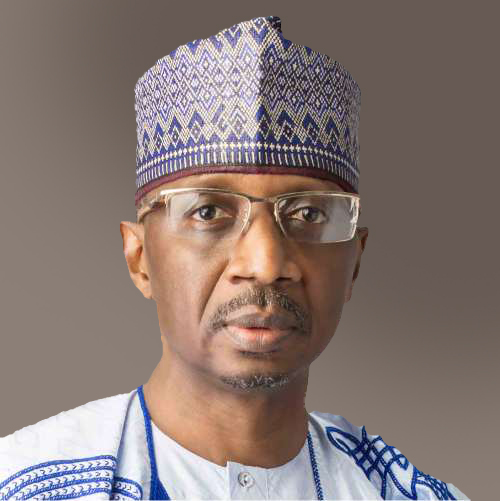
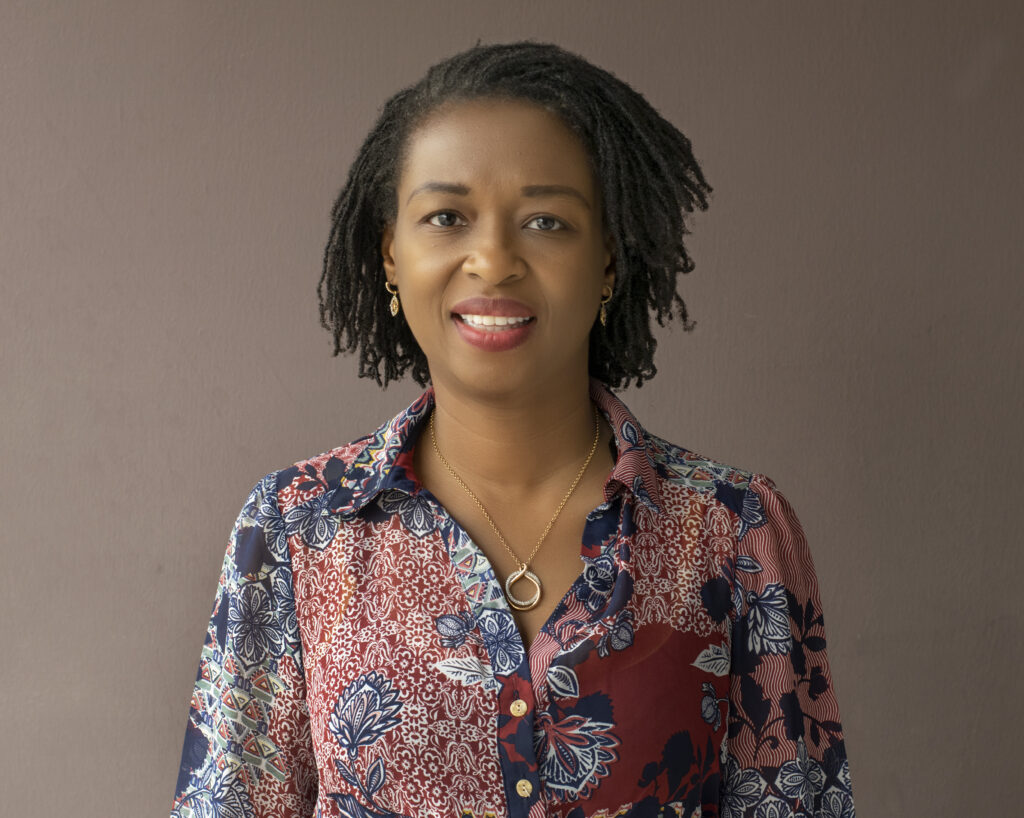
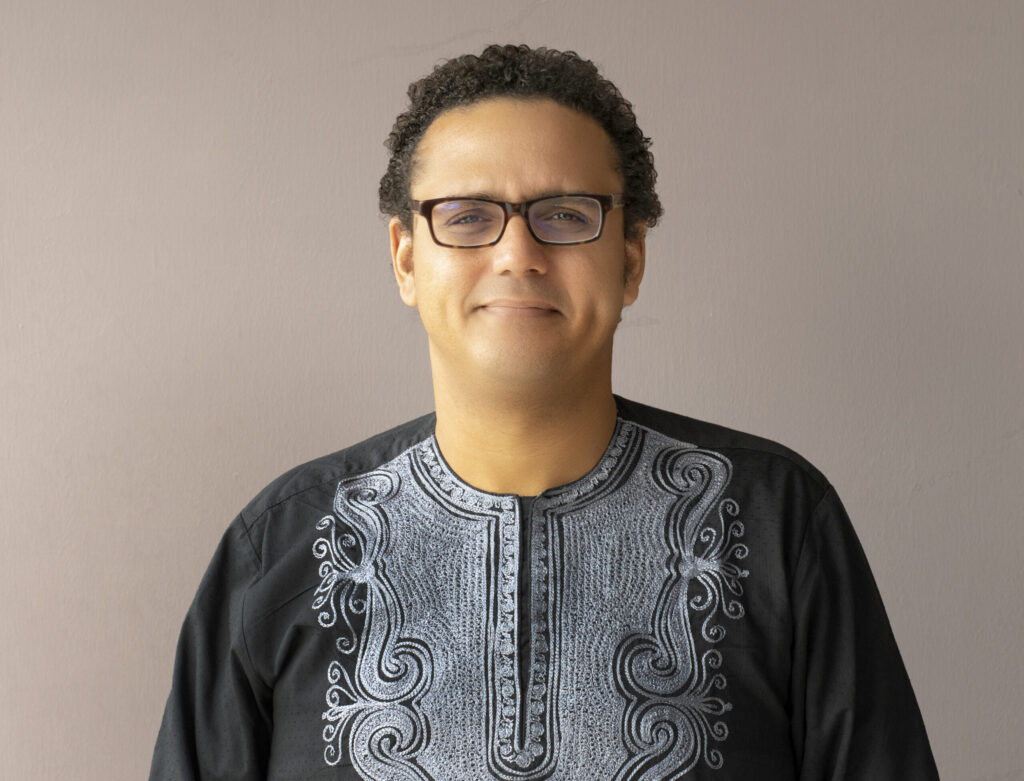
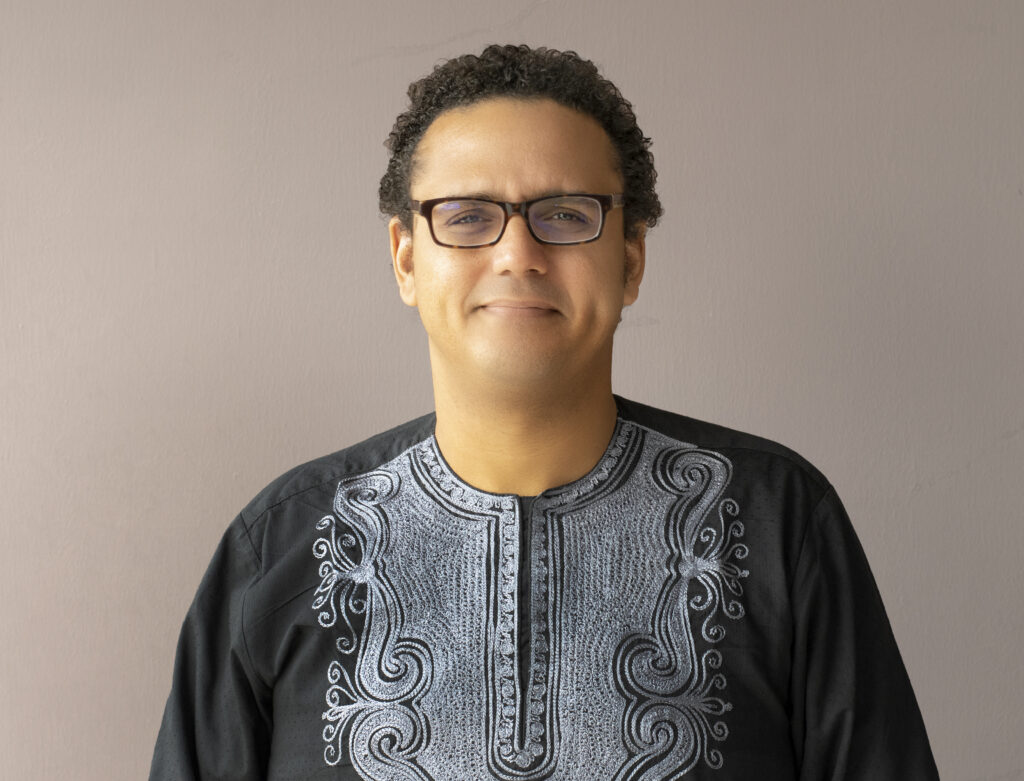
An interesting read. Great article. Please, when was it written?